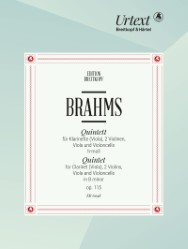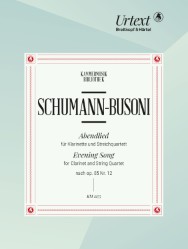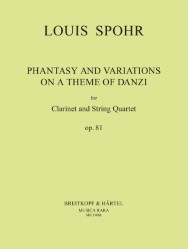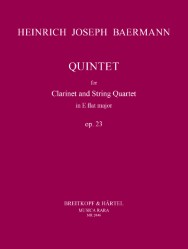Clarinet Quintet in F-sharp minor Op. 10
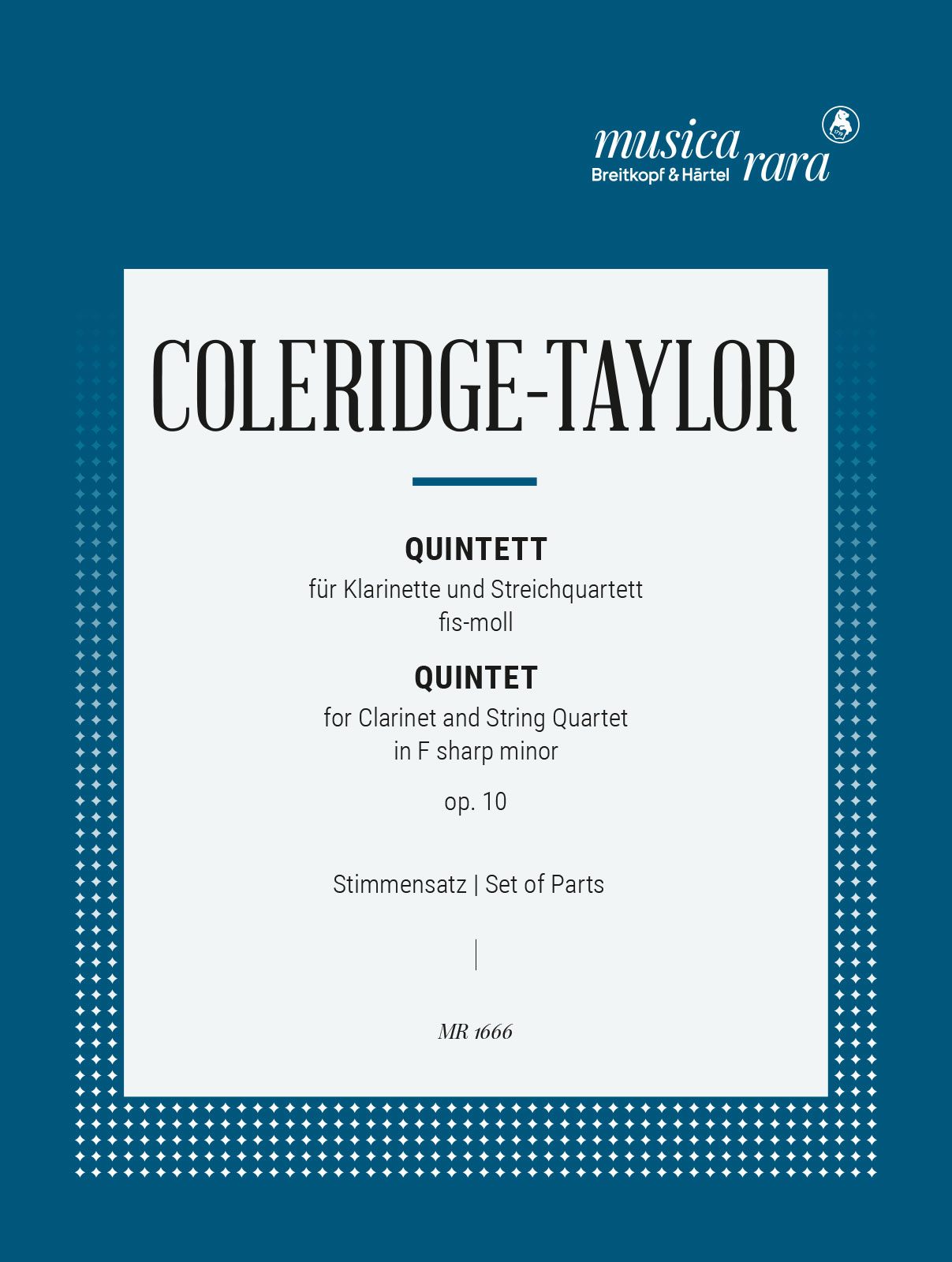
Composer: Coleridge-Taylor, Samuel
Instrumentation: Clarinet, Violin I, Violin II, Viola and Cello
Publisher Breitkopf and Hartel
The Clarinet Quintet in F-sharp minor Op. 10, is a seminal chamber work by British composer Samuel Coleridge-Taylor, written in 1895 when he was only…
Digital Download – PDF
Shipping costs: No shipping
R.R.P £35.00
Our Price: £29.75

